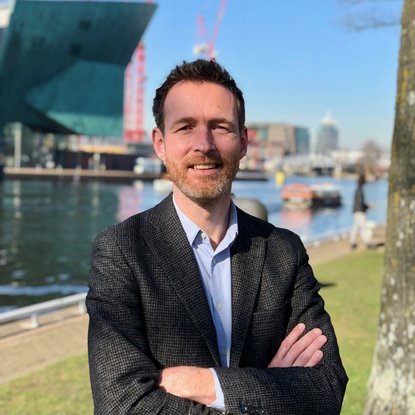As the world continues to grapple with Covid-19, mobility has been one of the pillars hardest hit. Lockdowns have all but decimated the airline industry, the number of people using public transport has plummeted and the number of cars on the streets have greatly reduced. Meanwhile, cycling has seen a resurgence in popularity. And as a byproduct of it all, air pollution in major cities has significantly dropped. But big questions remain as to what the future of mobility will look like.
Public transit ridership levels within and between cities have suffered during the COVID-19 pandemic from what now appear to be unfounded concerns. While we can trust that (inter)urban travel will recover, how might we reconsider the role of transport hubs – from train stations to cable cars, amongst others – in ensuring the future resilience of our cities? Beyond simply places of interchange, what steps can we take to create hubs that act as social hubs serving public functions?
To learn more about the exchange on this topic you can access the registration of the event here.
Would you like to know more about the topics discussed, then you're invited to continue reading below.
